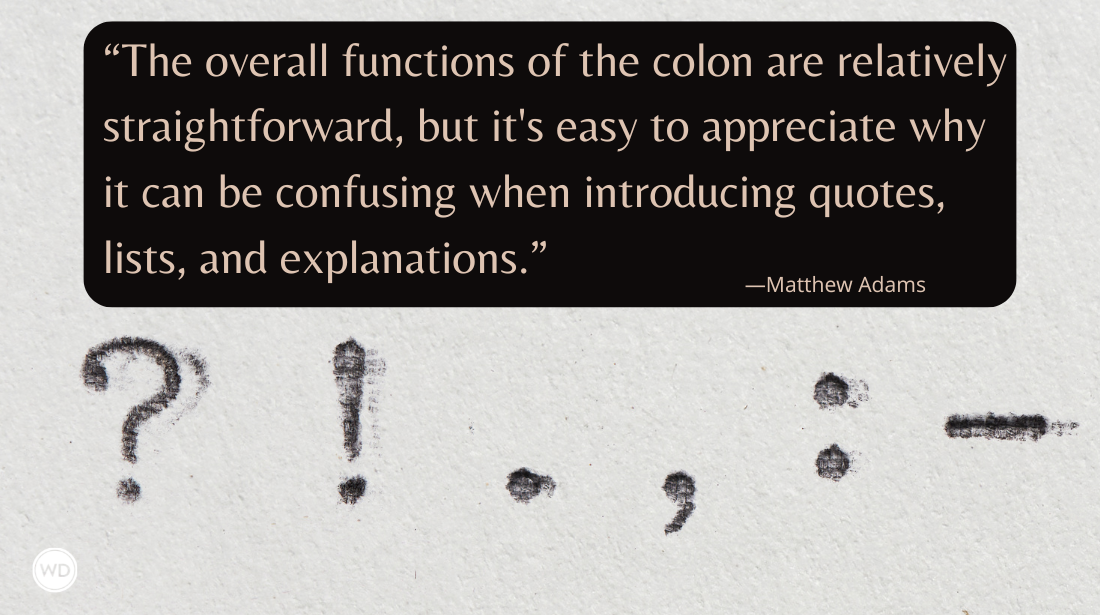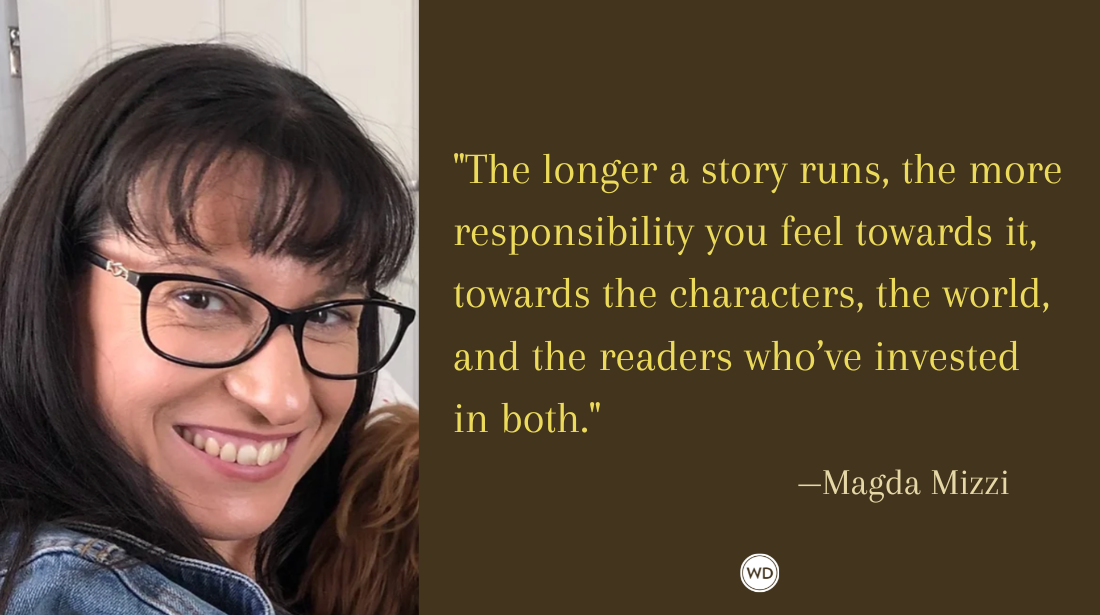Jeffrey Konvitz: Believe in Your Creativity
In this interview, New York Times-bestselling author Jeffrey Konvitz discusses completing what he considers his life’s work in his new historical crime novel, The Circus of Satan.
Jeffrey Konvitz is the author of the New York Times bestseller The Sentinel (Simon and Schuster- Random House/Ballantine Books). He also wrote its bestselling sequel, The Guardian (1979, Bantam), and a third bestselling novel Monster: A Tale of Loch Ness (1982, Random House/Ballantine). Konvitz is an entertainment attorney, screenwriter, and producer. In the 1980s and 90s, he became one of the top independent production executives in Hollywood, where he still resides to this day. Follow him on X (Twitter).
In this interview, Jeffrey discusses completing what he considers his life’s work in his new historical crime novel, The Circus of Satan, his advice for writers, and more.
Name: Jeffrey Konvitz
Book title: The Circus of Satan
Publisher: 89Th Stret Press
Release date: June 17, 2025
Genre/category: Crime/Historical Fiction
Previous titles: The Sentinel; The Guardian; Monster: A Tale Of Loch Ness
Elevator pitch: The Circus of Satan is the story of the Irish Mob (1900-1913), which controlled all politics and crime in our major cities, and then with its destruction, because of the actions of one man, led to the rise of Italian and Jewish organized crime throughout the nation.
What prompted you to write this book?
I had already written a monster bestseller in The Sentinel (1975) and had closed a deal for the sequel, The Guardian. While I was outlining The Guardian, I read a nonfiction book called Against the Evidence about a notorious murder and criminal trial in 1912, whose results led to the collapse of Irish political control of police departments, principally in New York, but nationwide, too, and it was through corrupt police that all crime, gambling and drug distribution were affected.
I was fascinated. The issue was whether an Irish senior cop, Lt. Charles Becker, was set up to take the fall for groups of notorious Jewish gamblers and criminals, or did Becker actually order the hit on a rogue Jewish gambler named, Herman Rosenthal, who was breaking the rules of the System and had started to squeal to the press. While writing The Guardian, I also started to write a fictional version of the Becker/Rosenthal murder case and murder trial, but when I was done, it didn’t work, and I put 250 pages in my closet, where it sat for 16 years.
How long did it take to go from idea to publication? And did the idea change during the process?
Circus has taken 49 years since I started, but 30 years since I began to work on Circus again after a 16-year hiatus.
And, yes, my ideas completely changed when my wife, Jill, found the draft book in 1996 in our closet, read it, and noted that she thought the underlying story was terrific. So, I read the novel again and still felt it didn’t work—and then I had an epiphany. I realized that the only way to make the novel work was to incorporate real prominent characters from the period and real events and run my fictional plot through them and the events, including the actual the Becker/ Rosenthal trial and beyond (i.e. historical fiction, something I had never attempted before). And that started my research, wherein I read over 100 nonfiction books about the period and biographies of all the nonfictional characters with whole new plotting created around real events. The Circus of Satan is now 531 pages of history and fiction and, strangely, I found that it covers the period which started with the movie, Gangs of New York (mid-1850’s) and the beginning of the mini-series Boardwalk Empire (1920). Circus is the story of the middle period, the guts and connective tissue between the two, though, when I was writing the first several drafts of the novel, neither Gangs (2002) nor Boardwalk (2010) existed. In fact, I did not recognize the significant connection until the near-final draft of the historical novel in 2024.
Were there any surprises or learning moments in the publishing process for this title?
Certainly. My first three books were published by the big boys, Simon and Schuster, Bantam and Ballantine, the mass-market arm of Random House, and these publishers did all the work. Unhappy with my lack of control over the latter two novels, I decided to self-publish Circus, which I consider my life’s work.
Along with a generous partner, Avram Freedberg, we started our own publishing company, and we developed the novel’s well-edited, final version and the hardcover/trade paper art through Gatekeeper Press, whose work has been exemplary, Gatekeeper will also be the distributor with Ingram Spark producing the print-on-demand hardcover and trade paper versions. Simply, apart from writing and attending to my law practice, I had to learn a new business with all of its intricacies, including online publishing, discount rates between POD and a brick-and-mortar presence, and I’ve so much fun doing it. Frankly, it’s been a blast, and I’ve been lucky to have received some knockout reviews.
We are starting on June 17, 2025, with the hardcover and e-book, available on POD order from Amazon and Barnes and Noble and all other online booksellers, and we will slot in the trade paper and audio versions later.
As an aside, The Sentinel and The Guardian are horror novels about Satan, and though there is a Satanic element in Circus, the novel’s title refers to the section of West Side New York which the protestant clergy referred to as “Satan’s Circus” due to the depravity, immorality, and crime that clogged its streets.
Were there any surprises in the writing process for this book?
Yes. I was surprised how difficult it was to weave a fictional plot through 10 years of real history and make sure the book remained filled with surprise twists, turns, and deceit. In fact, as the plot evolved, I had to go back to the beginning many times to place clues into the narrative that would permit the twists and turns to be affected later.
What do you hope readers will get out of your book?
First, the knowledge about a period in our history that has been long forgotten, including the early years of many real characters, who impacted our nation for good or bad, like Harry Truman who worked for the gangster king in Kansas City, and Max and Moses Annenberg, mayhem and criminal enterprise gurus. Second, how incredibly violent the streets were at that time. Third, how many of the Jewish gangsters were the children of rabbis and cantors, while Irish politicians at Tammany Hall pulled the strings. And, finally, how political dynamics then, mirror political dynamics now.
If you could share one piece of advice with other writers, what would it be?
If you believe in your work, do not let go even if it takes you almost a full lifetime to see the seeds therefrom grow and bloom. Believe in yourself. Believe in your creativity. Believe in your purpose. And never give up. Yes, I had a giant bestseller right off the bat, but The Circus of Satan has had a life of its own, and the historical novel owes little to any success I might have had in the past.
Finally, if you do the best you can do, be proud of your work no matter the result.








